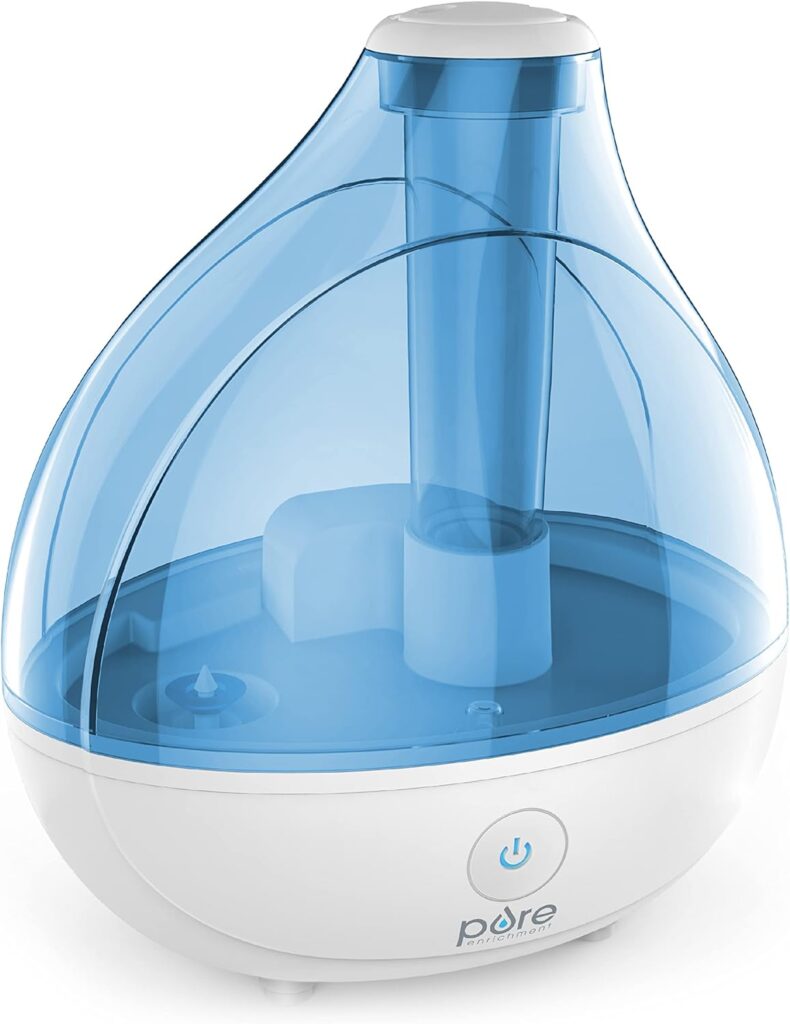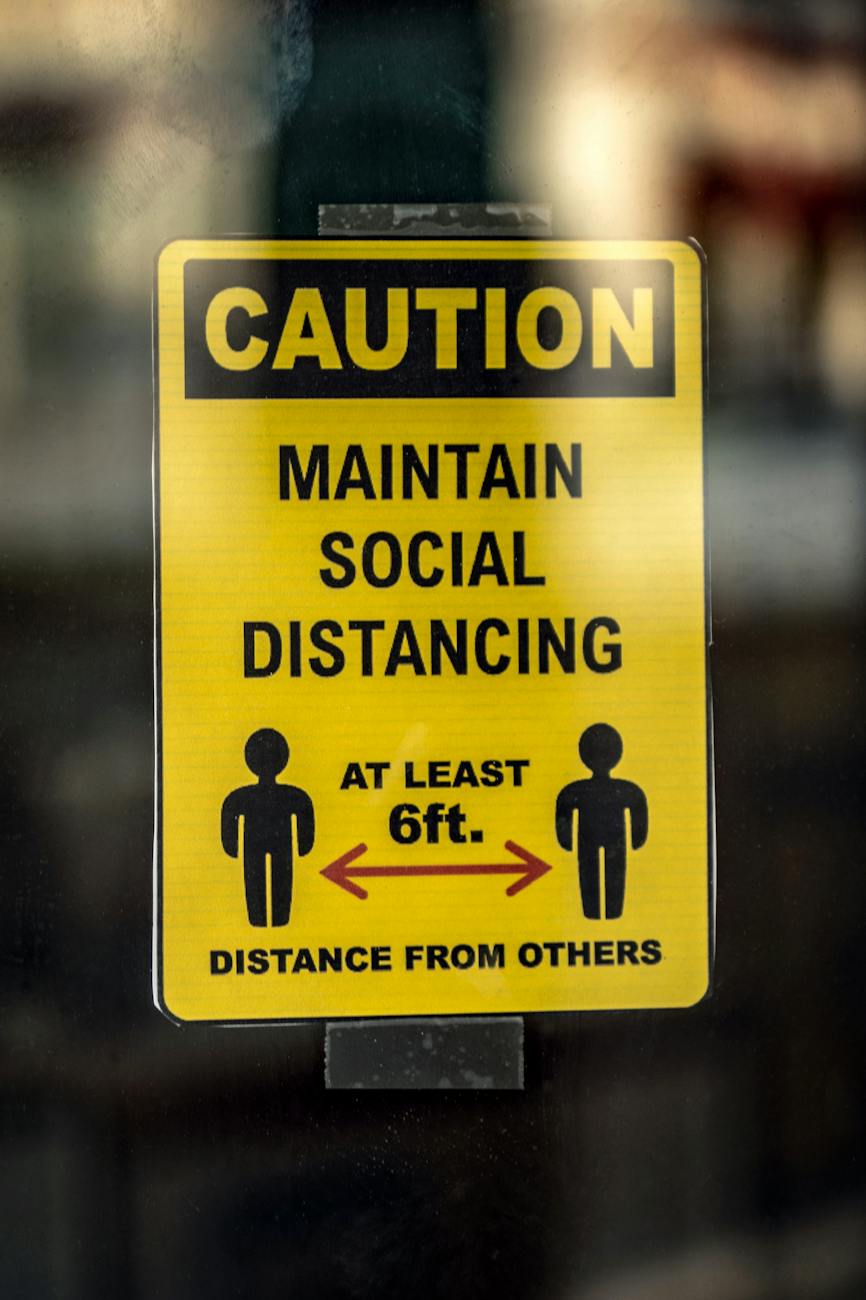What’s the greatest way to stay well in the winter months? Prevent your body from being overtaken by a cold in the first place. You can actually lessen the duration of colds and avoid them in a number of ways. Here, our experts list the early warning signs to watch out for as well as specific steps you may take to prevent the common cold throughout the entire season.
Here are some tips to help you stay healthy, from washing your hands properly to getting enough sleep.
It can be challenging to avoid contracting any of the three respiratory viruses currently circulating, not to mention the ordinary cold, with cases of RSV, COVID-19, and the flu rising. Therefore, the key to remaining healthy and prevent getting cold throughout flu season is learning to treat a cold before it starts.
It can feel as though the duration of a cold is entirely up to the virus when it takes hold of your body. “The upper respiratory tract, which includes your throat and nose, is infected by a virus that causes the common cold.” Although many kinds of viruses can cause the common cold, the rhinovirus is the most frequent offender, according to Adiba Khan, M.D., a family physician at Northwestern Medicine Lake Forest Hospital.
Before your symptoms go away, a runny nose, sore throat, cough, congestion, moderate headaches, body pains, sneezing, and low-grade fever might leave you feeling worn out. In addition, a cold can have characteristics similar to COVID-19.
However, according to Deborah S. Clements, M.D., a physician at Northwestern Medicine Lake Forest Hospital, a real cold is usually innocuous. You could experience terrible feelings while going through it.
This post contains referral links for products we love. Staying Fit With Aeran earns a small commission on these links at no cost to you, and the links will always be marked with an asterisk *.
Typical signs and symptoms of a cold
A runny nose and sore throat are the usual first signs of a cold, but you could also have other symptoms like:
- Aches in the body
- Weary
- Coughing
- sneezing
- Headache
How to prevent the progression of a cold
1. Turn the humidifier on.
Unadulterated Enhancement: The ultrasonic cool mist humidifier from MistAire *

Your nasal passages dry out when humidity is low, which makes it more difficult to catch and get rid of the tiny germs that build up in your sinuses and cause a cold. The remedy? When it seems like the air is getting dry, get a humidifier and run it constantly. This Pure Enrichment humidifier, with its convenient night light and auto shut-off option, made our list of the finest humidifiers.
The mucous membranes should stay moist with the use of a humidifier. Dry nasal mucous membranes prevent your body from capturing germs, which can lead to getting a cold, as soon as they enter your system, according to Cleveland Clinic family medicine specialist Amber Tully, M.D.
However, be sure to keep your humidifier clean because the warm, moist atmosphere can attract mold, which, if you have an allergy to it, can also induce symptoms similar to the common cold.
2. Take lots of vitamin D to help you prevent from getting cold
Because your cells depend on vitamin D to activate their immune responses, research indicates that those who don’t get enough sunshine vitamin are far more likely to have an upper respiratory infection, which can produce a cough, scratchy throat, or stuffy nose. According to Dr. Khan, “some research suggests that taking 400 international units of vitamin D supplementation daily may prevent respiratory infections.”
Although some groups prescribe far more, the National Institutes of Health (NIH) currently recommends that most adults aim for at least 600 IUs per day. It can be difficult to obtain adequate vitamin D from diet alone (although foods like salmon, steak, egg yolks, fortified milk and orange juice, cheese, and mushrooms are good sources), so if you think you may be deficient, see your doctor about a supplement that will suit your needs.
3. Avoid touching your mouth, nose, or eyes with your hands
You probably touch your face a lot, even if you’re not aware of it. Indeed, a 2008 small study discovered that subjects touched their faces sixteen times on average every hour. This is a big no-no in the wintertime flu and cold season: The Centers for Disease Control and Prevention (CDC) state that if your hands aren’t thoroughly washed after handling a contaminated surface or another person, a virus may enter your system. Viruses can also spread by skin-to-skin contact, like a handshake.”

Keep a hands-off policy in place. According to Dr. Tully, “This stops germs on your hands from getting into your mucous membrane (your mouth and nose) and making you sick.”
4. Frequently and efficiently wash your hands
Make sure you’re washing your hands correctly while you’re at it. As advised by the CDC, wash your hands with soap and scrub for at least 20 seconds, getting in between your fingers and beneath your nails. In a pinch, use hand sanitizer (such as these travel-sized Purell bottles).
The University of Buffalo in New York’s chief of infectious disease, Thomas Russo, M.D., argues that if a virus is placed on an inanimate surface and you contact it before touching your mouth, nose, or eyes, you could become infected. “Practicing good hand hygiene will help you avoid infection if you touch a contaminated surface.”
5. Clean your phone
Consider all the locations you use to place your phone during the day: the table at your favorite restaurant, the restroom stall, and the kitchen counter. Talk about a germ-fest.
In fact, a 2012 study from the University of Arizona discovered that the amount of bacteria on cell phones maybe ten times more than that on toilet seats.
Apple recommends using a Lysol or Clorox cleaning wipe to clean your devices. Just be sure to turn off your phone, remove any remaining liquid (you don’t want a puddle of it on the screen), and wipe it dry with a gentle cloth free of lint.
Remember that although bleach works wonders to get rid of infections, goods that contain it could harm your phone. If you’re having trouble finding cleaning wipes nearby, try this method of using rubbing alcohol to clean your phone instead.
6. Schedule some downtime
Are you tense? According to Dr. Tully, if you’re already feeling under the weather, stress might actually make it easier to catch a cold because it makes your body release more cortisol, a hormone that can make it harder for your body to fight infection.
Thus, give closing down top priority: Practicing yoga, trying meditation, taking regular walks outdoors, or setting aside time to prepare supper with your family after work will all help you decompress after a demanding day.
7. Get enough rest
Getting enough sleep is essential for avoiding colds. According to JAMA Internal Medicine, 153 healthy men and women received rhinovirus nasal drops, and the researchers observed how they slept. Researchers discovered that those who slept for fewer than seven hours on a daily basis had a threefold higher risk of catching a cold compared to those who slept for eight hours or more every night. The National Sleep Foundation advises striving for at least seven to nine hours per night.
8. Scoop up some zinc to prevent getting a cold
According to Dr. Clements, research indicates that zinc may actually inhibit the proliferation of viruses. Additionally, the NIH reports that taking zinc (usually in the form of zinc gluconate nasal sprays or lozenges) appears to shorten the duration and intensity of symptoms as soon as they appear.

Dr. Clements states, “Studies have only shown a benefit at daily doses greater than 75 milligrams, though the proper dosing is unclear at this time.” According to the NIH, the majority of adults require significantly less than that to meet their daily needs, so choose foods high in zinc instead of supplements (unless you consult your physician first). Lentils, oysters, tofu, and meat are excellent providers of this mineral.
9. Put a label on your mug.
“Try to use labeled or disposable glasses when a family member is sick. According to Dr. Khan, this may aid in halting the virus’s unintentional spread. Additionally, exercise extra caution while sharing items like towels, phones, or utensils that could be contaminated by a sick family member, particularly in the context of COVID-19.
10. Increase your probiotic intake to prevent getting a cold
Good bacteria, such as those found in probiotic foods like yogurt, sauerkraut, and kombucha, can help strengthen your immune system. Not all bacteria are bad for you. After all, your gastrointestinal (GI) tract contains a significant amount of your immune system.
According to some studies, probiotic supplement users had significantly fewer GI tract illnesses and colds than placebo users.
Although further research is needed to confirm if probiotics can effectively prevent infections, evidence suggests that good bacteria may also be helpful when symptoms arise. For example, in a study that was published in the British Journal of Nutrition, researchers discovered that college students who took probiotics or placebo had similar rates of colds but that probiotic users had less severe symptoms (such as a sore throat or stuffy nose) for shorter periods of time.
11. Put on a mask for your face
One of the best strategies to stop the transmission of COVID-19 and other respiratory illnesses like the common cold is to wear a face mask. Research indicates that wearing a face mask helps protect you as well as people around you.
Viruses, such as the ones that cause COVID-19, the common cold, and the flu, usually spread through the air after an infected person coughs or sneezes. We shield one another from our potentially infectious respiratory droplets when we all wear masks.
12. Obtain a flu vaccination to Prevent from getting Cold
Although the viruses that cause the flu and the cold are completely different, their symptoms can often be extremely similar. But the flu is more severe and can cause dangerous side effects, particularly if you already have a compromised immune system.
Given that the viruses that are circulating change frequently, being vaccinated against the flu is the best thing you can do to protect yourself. The flu shot (or nasal spray) should be received as soon as the vaccine becomes available, preferably before October, according to the CDC.
13. Steer clear of people who are visibly ill
Dr. Russo notes that while it may not always be easy, making an effort to avoid close contact with those who are coughing or sneezing will help to keep you healthy. He asserts, “You will not become infected if you do not come into contact with an infected person.”
Although touching a contaminated object and then touching your eyes, nose, or mouth might spread the common cold, respiratory secretions are released when an infected person coughs or sneezes.

Remember that contagious viruses can be transmitted by humans up to one day prior to their development. Consequently, even if this isn’t a guarantee to keep you healthy, it can be helpful.
You Got a Cold, Not What!
According to Dr. Russo, it’s a good idea to rule out other contagious viruses, such as COVID-19, if you start to have cold-like symptoms. After all, the symptoms of the dominant virus strains now in circulation frequently resemble a cold, so it’s wise to recognize the illness you have in order to receive the appropriate care and prevent it from infecting others.
Remind yourself that you might have the flu if your COVID-19 test results are negative. Expert advice: In contrast to a cold or COVID-19, which usually has symptoms that come on a little more gradually, Dr. Russo says that the flu tends to come on strong and quickly.
Not possessing any of those?
Although there isn’t a precise remedy for the common cold, there are some things you may do to feel better. The following are the recommendations from the CDC:
- Relax
- Make sure to stay hydrated.
To reduce symptoms, think about using over-the-counter medications for colds (but be aware that they won’t make the illness go away any quicker).
Notably, according to the CDC, Since antibiotics are ineffective against viruses, they are useless if you have a cold.
To Conclude
Don’t panic if you still get sick after trying everything to prevent getting a cold; most adults get at least one or two colds annually.
Dr. Russo states that “the common cold is caused by multiple viruses.” According to the American Lung Association, rhinoviruses, coronaviruses, and respiratory syncytial virus (RSV) are just a few of the more than 200 viruses that can cause the common cold. According to Dr. Russo, “Having a cold once doesn’t protect you from all the viruses that are circulating.” As you age, your immunity also decreases, he says.
Just monitor the duration of your cold: According to the CDC, most people get over colds seven to ten days after they first appear. See your doctor if it lasts for a significant amount of time or if you feel like your condition is becoming worse. “Make sure to see your doctor to rule out any other medical issues if you’re experiencing high fevers or persistent symptoms,” advises Dr. Clements.
It’s important to test for COVID-19 if you become ill, regardless of any prior exposure. Your doctor will advise you on the best course of action based on the severity of your symptoms if it turns out that you have a verified case of coronavirus rather than a cold.
